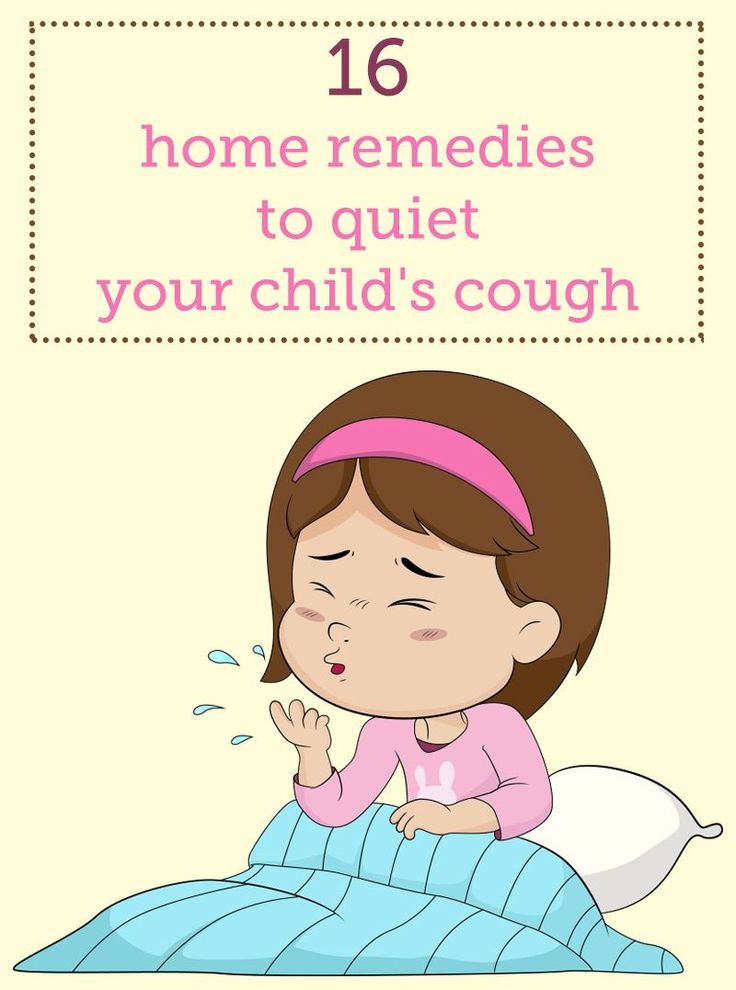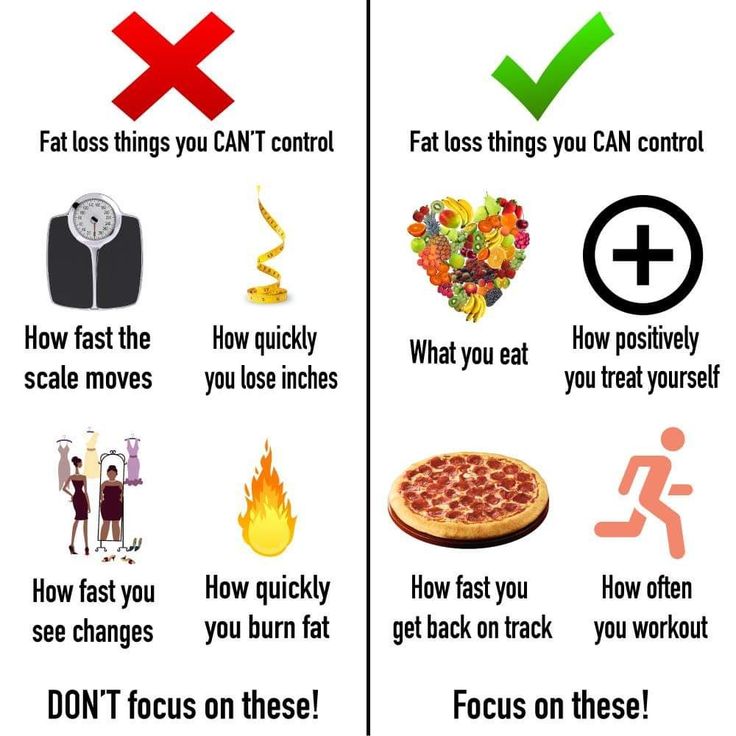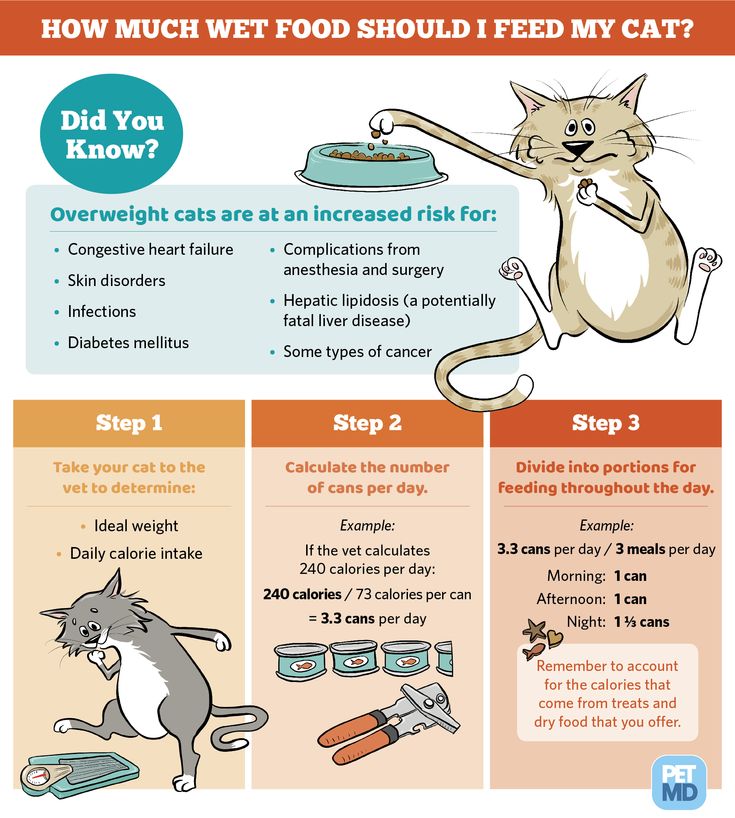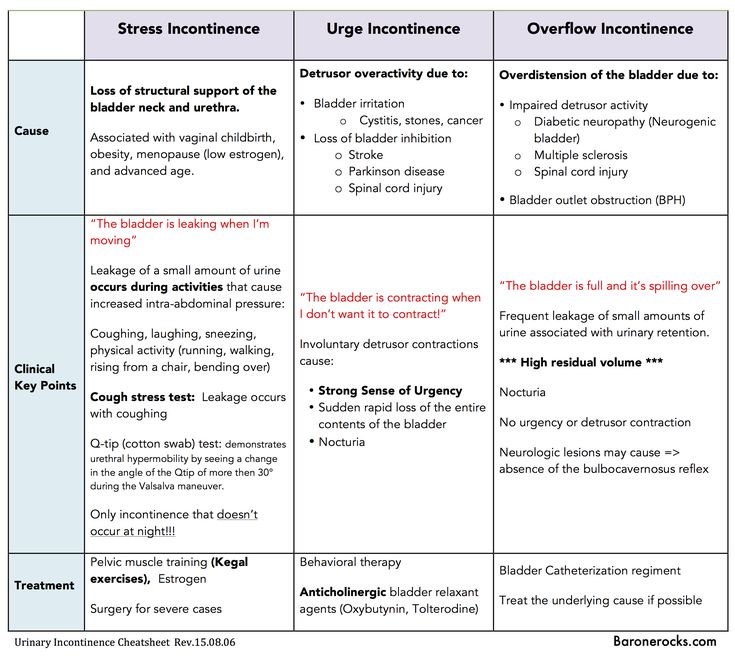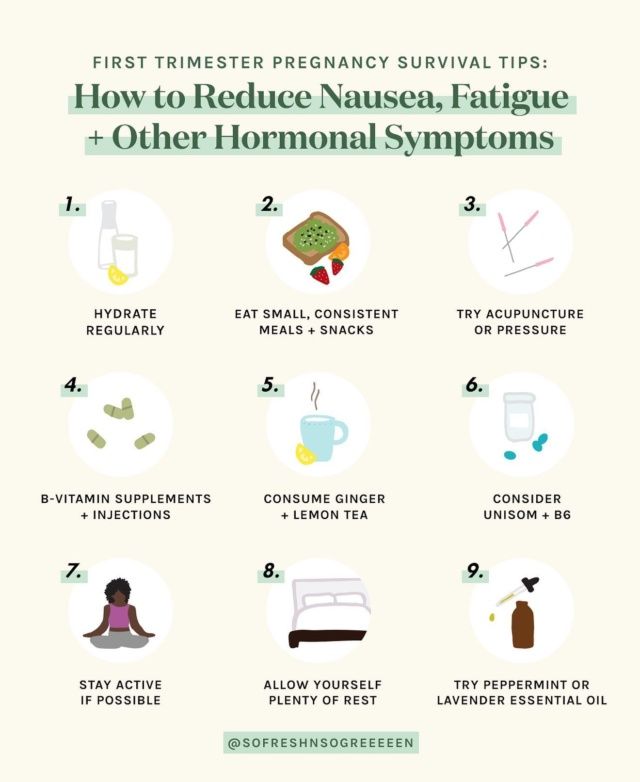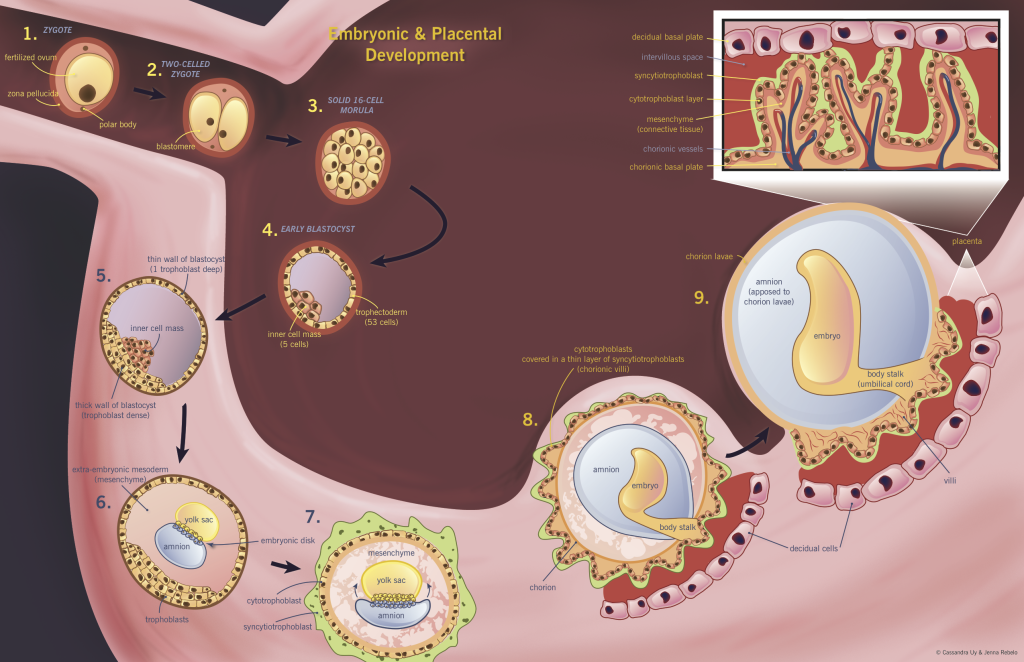How to soothe a child's cough
Coughs: Meds or Home Remedies?
Medicines (OTC)
Over-the-Counter (OTC) cough and cold medicines can cause side effects. These side effects can be serious in young children. The risks of using these medicines outweigh any benefits. The Food and Drug Administration (FDA) recommends these medicines never be used in young children. After age 6, the medicines are safe to use, if you follow the package instructions. But, it's easy to treat coughs and colds without these medicines.
Home Remedies:
A good home remedy is safe, cheap, and as helpful as OTC medicines. They are also found in nearly every home. Here are some simple but helpful home treatments.
1. Runny Nose: Just suction it or blow it. Teach your child how to blow the nose at age 2 or 3. When your child's nose runs like a faucet, it's getting rid of viruses. Allergy medicines (such as Benadryl) do not help the average cold. They are useful only if your child has nasal allergies (hay fever).
2. Blocked Nose: Use nasal saline.
- Use saline (salt water) nose drops or spray to loosen up the dried mucus. If you don't have saline, you can use a few drops of water. Use distilled water, bottled water or boiled tap water.
- Step 1: Put 3 drops in each nostril. If age under 1 year old, use 1 drop.
- Step 2: Blow (or suction) each nostril separately, while closing off the other nostril. Then do other side.
- Step 3: Repeat nose drops and blowing (or suctioning) until the discharge is clear.
- How Often: Do nasal saline rinses when your child can't breathe through the nose. Limit: If under 1 year old, no more than 4 times per day or before every feeding.
- Saline nose drops or spray can be bought in any drugstore. No prescription is needed.
- Reason for nose drops: Suction or blowing alone can't remove dried or sticky mucus. Also, babies can't nurse or drink from a bottle unless the nose is open.
- Other option: use a warm shower to loosen mucus.
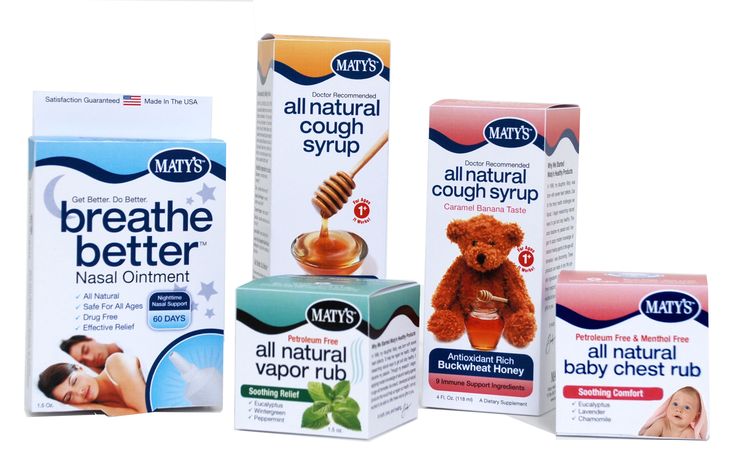 Breathe in the moist air, then blow (or suction) each nostril.
Breathe in the moist air, then blow (or suction) each nostril. - For young children, can also use a wet cotton swab to remove sticky mucus.
- Medicines. There are no drugs that can remove dried mucus from the nose.
3. Coughing: Use homemade cough medicines.
- Age 6 months to 1 year. Give warm clear fluids (such as apple juice or lemonade). Dose: 1-2 teaspoons (5-10 mL) four times per day when coughing. Under 3 months, see your child's doctor. Caution: Do not use honey until 1 year old.
- Age 1 year and older. Use Honey ½ to 1 teaspoon (2 to 5 mL) as needed. It thins the secretions and loosens the cough. If you don't have honey, you can use corn syrup. Research shows that honey works better than cough syrups to reduce nighttime coughing. Can also offer warm lemonade or herbal teas. Amount: a few ounces (30 mL) each time.
- Age 6 years and older. Use Cough Drops to decrease the tickle in the throat. If you don't have any, you can use hard candy.
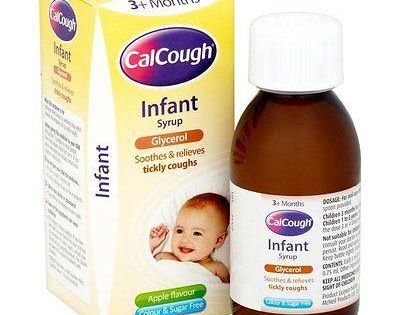 Avoid cough drops before 6 years. Reason: risk of choking.
Avoid cough drops before 6 years. Reason: risk of choking. - Coughing fits. The warm mist from a shower can help.
4. Fluids: Help your child drink lots of fluids. Staying well hydrated thins the body's secretions. That makes it easier to cough and blow the nose.
5. Humidity: If the air in your home is dry, use a humidifier. Moist air keeps the nose and airway from drying out. Run a warm shower for a while to help put moisture in the air.
Treatment is Not Always Needed:
- If symptoms aren't bothering your child, they don't need medicine or any treatment. Many children with a cough or cold are happy, play fine and sleep well.
- Only treat symptoms if they cause discomfort or wake your child up. Treat a cough if it's hacking and really bothers your child.
- Fevers are helpful. Only treat them if they slow your child down or cause some discomfort. That does not occur until 102° F (39° C) or higher.
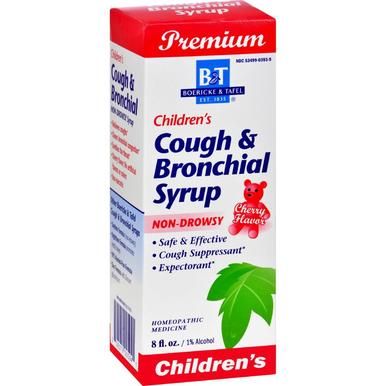 Acetaminophen (Tylenol) or ibuprofen (Motrin or Advil) can be given. Use to treat higher fever or pain. See Dose tables.
Acetaminophen (Tylenol) or ibuprofen (Motrin or Advil) can be given. Use to treat higher fever or pain. See Dose tables.
Summary
If coughs or colds need treatment, home remedies may work better than medicines.
If your child’s illness or injury is life-threatening, call 911.
- Bellevue
- Everett
- Federal Way
- Seattle
Last Reviewed: 01/01/2023
Last Revised: 12/30/2022
Copyright 2000-2023 Schmitt Pediatric Guidelines LLC.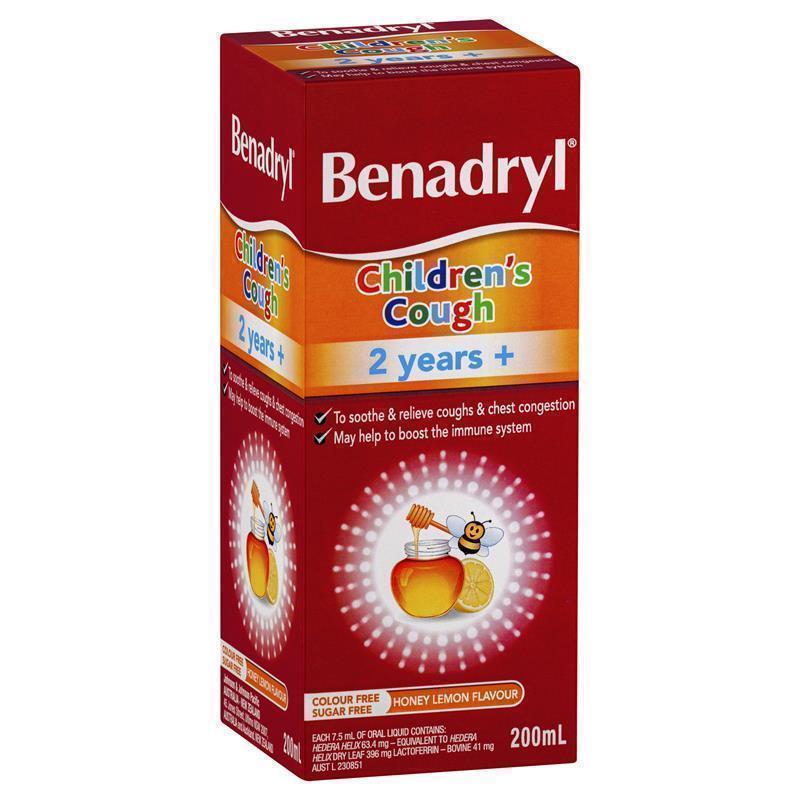
Home Remedies for Cough in Kids – Children's Health
Children’s Health Dec 5, 2018, 10:02:24 AM CST Dec 9, 2021, 9:30:35 AM CSTOver-the-counter cough and cold medicines are not recommended for young children. Learn how to soothe your child's symptoms naturally with these home cough remedies.
Share:
If your child seems to be coughing constantly, it can be concerning. Typically, a child's cough is nothing to worry about. Many times, it can be caused by a common cold or even by allergies.
Because over-the-counter cough and cold medicines are not recommended for children under the age of 6 years, it can be challenging to know how to help your child feel comfortable – especially if a cough is keeping them up at night. See seven ways you can treat your child's cough at home.
Home remedies to help soothe a child's cough
- Drink warm fluids: Encourage your child to drink plenty of fluids.
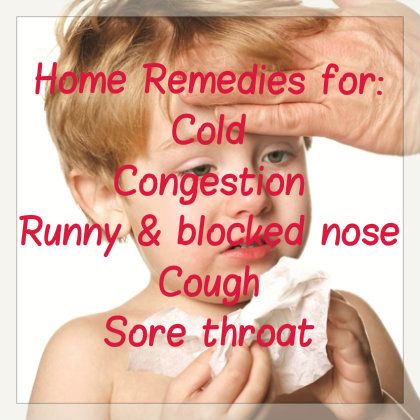 Warm liquids such as caffeine-free tea, broth or hot water with lemon can help loosen up mucus and soothe a sore throat.
Warm liquids such as caffeine-free tea, broth or hot water with lemon can help loosen up mucus and soothe a sore throat. - Consider using a humidifier: Dry air can make a child's cough worse. Consider placing a cool-mist humidifier in your child's room, near where they sleep, to help ease their breathing.
- Breathe in warm water vapors: Let your child breathe in water vapors from a warm bath or shower. This can help loosen mucus and, as a bonus, calm your child before bed.
- Try icy treats: Give your child cold items like popsicles or ice cream to make a hurting throat feel better.
- Saline and suction: A saline solution, such as a nose spray or mist, can help loosen mucus in the nose. Have your child blow their nose frequently, or if they are young, use a suction bulb to prevent drainage.
- Give a spoonful of honey (over age 1): A teaspoon of honey can help combat coughing but should only be given to children over age 1.
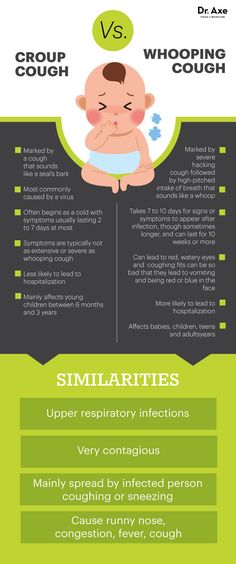
- Get some zzz's: Encourage your to child get plenty of rest and sleep to promote healing. While coughing may seem aggravated at night, the above tips may help your child find relief.
Remember, it can take a couple of weeks for a child to recover from a cold. However, if your child's cough continues to linger, is accompanied by symptoms such as a high fever or difficulty breathing, or you are concerned that it may be a sign of a more serious illness (see other common causes of coughs in children), contact your child's pediatrician as soon as possible.
Get care now
We know that getting sick is never convenient. But now you can videoconference with a health care provider 24 hours a day, 7 days a week with Virtual Visit by Children's Health Virtual Care. Get treated right from your smartphone, tablet or computer for allergies, common colds and flu, cuts and more. Download the Virtual Visit app today.
Children’s Health Family Newsletter
Get health tips and parenting advice from Children’s Health experts sent straight to your inbox twice a month.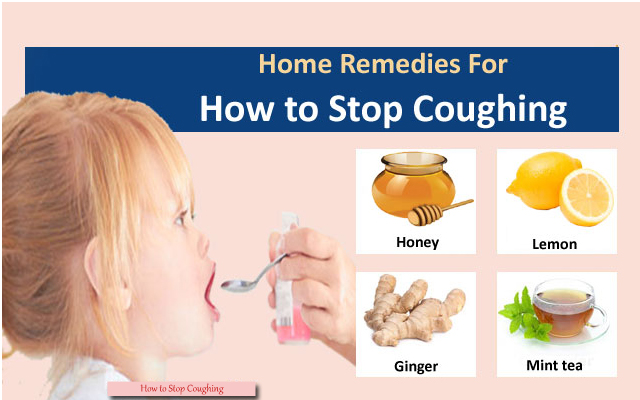 Sign up now.
Sign up now.
breathing, cold and flu season, common cold, cough medicine, fever, respiratory, treatment, virus
Childrens HealthHow to remove a night cough | How to reassure a wet cough at night
Author, editor and medical expert
Petrashevich Anna Aleksandrovna
Views: 861 922
Last Refresh date: 9000.26.12.2022 G.
Title
Content MaintenanceWhy is a nocturnal cough dangerous?
How to relieve a night cough and relieve an attack?
Cough in itself is an unpleasant phenomenon that prevents you from doing your usual activities and significantly worsens your general well-being. But when this condition does not stop day or night, the consequences can be much more serious than just feeling tired due to lack of sleep. nine0003
WHAT IS A NIGHT COUGH DANGEROUS?
Coughing attacks that occur at night can cause many temporary and even permanent health problems.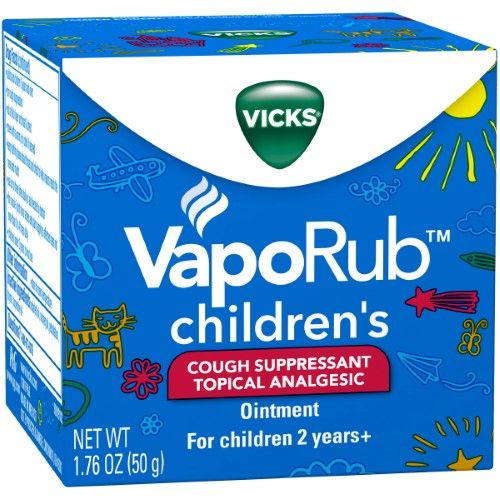 To understand how harmful this condition is to the body, only one of the complications can be cited. Will you like memory impairment, decreased visual acuity, and impaired smell? It would seem that what does a night cough have in common with the loss of such important functions as the ability to clearly see the world around, remember information and smell? The relationship is more obvious than it seems at first glance: oxygen starvation and lack of rest in the main organ of the human body - the brain. In the dark, the brain must rest and restore the resources spent during the day. These processes are possible only in the process of deep sleep, into which the body is simply not able to immerse itself - it is constantly awakened by a cough. You will survive several of these nights without consequences, but a prolonged dry or wet night cough will sooner or later lead to chronic brain fatigue with subsequent dysfunction of its various areas. What to do if a night cough interferes with normal life? nine0003
To understand how harmful this condition is to the body, only one of the complications can be cited. Will you like memory impairment, decreased visual acuity, and impaired smell? It would seem that what does a night cough have in common with the loss of such important functions as the ability to clearly see the world around, remember information and smell? The relationship is more obvious than it seems at first glance: oxygen starvation and lack of rest in the main organ of the human body - the brain. In the dark, the brain must rest and restore the resources spent during the day. These processes are possible only in the process of deep sleep, into which the body is simply not able to immerse itself - it is constantly awakened by a cough. You will survive several of these nights without consequences, but a prolonged dry or wet night cough will sooner or later lead to chronic brain fatigue with subsequent dysfunction of its various areas. What to do if a night cough interferes with normal life? nine0003
HOW TO ELIMINATE A NIGHT COUGH AND RELIEF A ATTRACTION?
Soothing a nocturnal cough in a child or adult is not an easy task, but it is quite doable.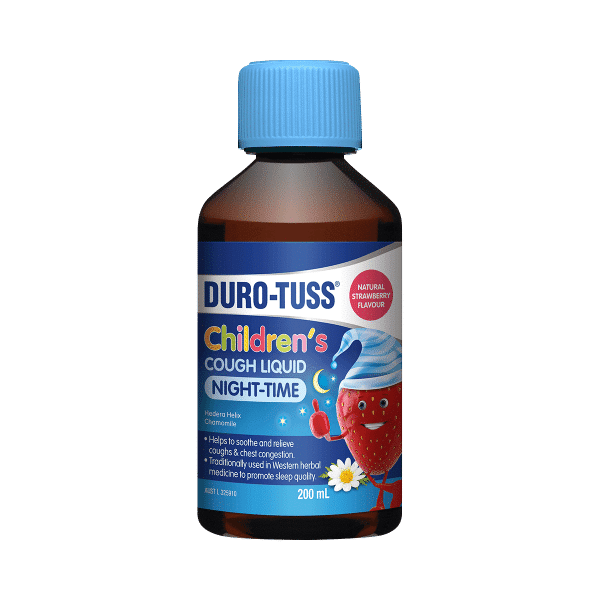 By following the recommendations listed below, you will significantly improve not only the quality of sleep, but also recovery from an illness accompanied by a cough.
By following the recommendations listed below, you will significantly improve not only the quality of sleep, but also recovery from an illness accompanied by a cough.
-
Take care of full nasal breathing. A stuffy nose makes you breathe through your mouth, which leads to drying of the mucous membrane of the throat, itching and ... a coughing fit is repeated again and again, as the body tries to moisten the airways in this way, pushing the mucus out of the bronchi. nine0003
-
Lower the room temperature. If your comfortable bedroom temperature is 22 degrees, lower it to 20. The lower the temperature, the higher the humidity and the easier it is for you to breathe. But do not get carried away: an excessive decrease in degrees will have the opposite effect, and the cough will begin already due to spasms when inhaling cold air. Do not forget: during colds, bronchitis and other ailments, the mucous membranes are very sensitive - use your own well-being as an indicator, and not just a thermometer.
 nine0003
nine0003 -
Keep your feet warm. Feet and bronchi are far apart, but still within the same circulatory system. The warmer the legs, the greater the flow of blood to them and, as a result, its outflow from the upper respiratory tract. This will help calm the cough by relieving swelling of the mucous membranes and making it more efficient to clear mucus from the bronchi.
-
Warm, plentiful drink. It is generally accepted that the consumption of a large amount of liquid makes sense only in viral diseases that are accompanied by an increase in body temperature. But with a wet night cough, drinking plenty of water helps no less: compotes and tea that you drink during the day reduce the viscosity of not only blood, but also other fluids, including mucus, which your bronchi try to push out during coughing fits. Make it easy for them: don't forget to drink more. nine0003
-
Do not eat at night.
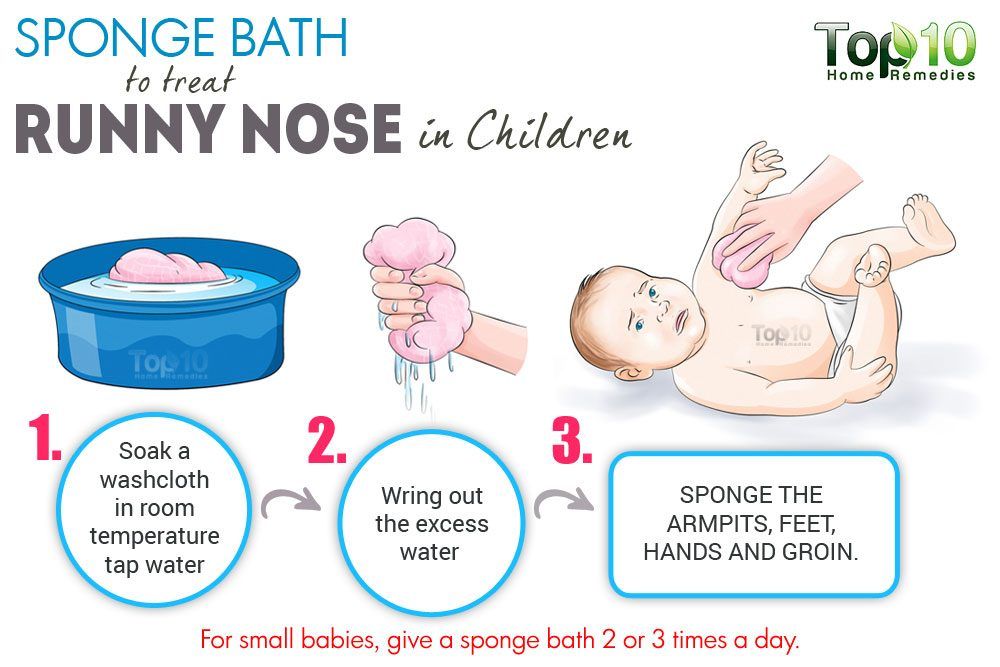 A full stomach is one of the night cough provocateurs even in a healthy person. Moreover, a late dinner can worsen the condition with bronchitis. Make sure that the last meal was no later than 2 hours before you take a horizontal position and the likelihood that a night cough will interfere with sleep will be much less.
A full stomach is one of the night cough provocateurs even in a healthy person. Moreover, a late dinner can worsen the condition with bronchitis. Make sure that the last meal was no later than 2 hours before you take a horizontal position and the likelihood that a night cough will interfere with sleep will be much less.
You may also be interested in:
The syrup has a complex action: it removes phlegm, clears the bronchi and relieves inflammation. nine0003
A unique combination of herbs against pain and inflammation in dry coughs.
Helps gently deal with runny nose, nasal congestion and other symptoms of colds and flu - for a comprehensive treatment.
Night cough prevents sleep. How to stop an attack?
Cough is an important helper in the fight against illness. This is a protective reflex that helps clear the airways of phlegm and germs. But nocturnal coughing attacks interfere with rest and exhaust the already weakened body.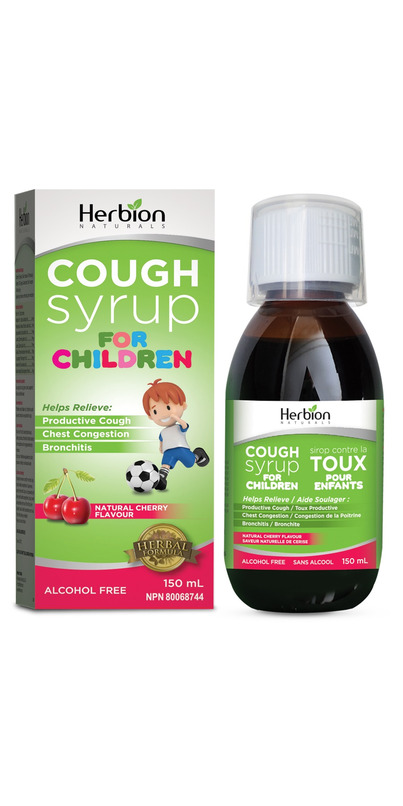 nine0003
nine0003
Why does the cough get worse at night?
When a person is in a horizontal position, mucus accumulates in the nasopharynx, the airways are not cleared. With a runny nose, discharge from the nose and paranasal sinuses drain into the throat and cause a cough reflex, so coughing is tormenting in a dream, especially when we roll over from side to side, and in the morning when we get out of bed.
Dust and dry air can exacerbate coughing. This is especially true in apartments with central heating. Dry and hot air irritates the mucous membranes and provokes coughing fits. To alleviate your condition, regularly ventilate the bedroom and do wet cleaning. It will not be superfluous to buy a humidifier. But if you don’t have it, and you need to fight a cough right now, you can hang a damp towel on the battery or put a container of water next to the bed. nine0003
Dry and wet cough - is there a difference?
Yes. A wet cough associated with colds and flu is helpful in clearing the nasopharynx and airways.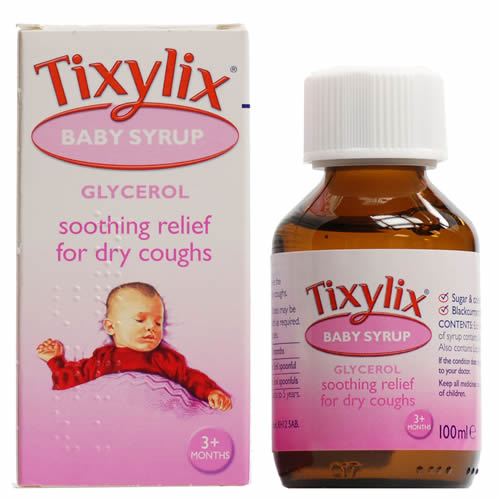 Phlegm protects the mucous membranes and prevents bacteria from entering the body.
Phlegm protects the mucous membranes and prevents bacteria from entering the body.
A dry, throat-tearing cough, on the contrary, is quite dangerous for the body. With such a cough, sputum is not secreted, the bronchi are not cleared, and the nasopharynx dries up. A constant inflammatory process is maintained on the walls of the respiratory tract. A dry cough, unlike a wet cough, does not help to recover, but only exhausts and interferes with rest. To speed up the healing process, you need to try to translate a dry cough into a wet one. But this should be done under the supervision of a doctor. nine0003
Night cough in a child - is it dangerous?
No, unless the cough is a symptom of a serious illness (such as asthma or pneumonia). The most common cause of cough in children is a viral infection. Viruses infect the respiratory tract at different levels - from the nose to the bronchi, bronchioles and lungs. Sometimes the cough lasts for several weeks, because the child does not have time to recover from one infection and picks up another.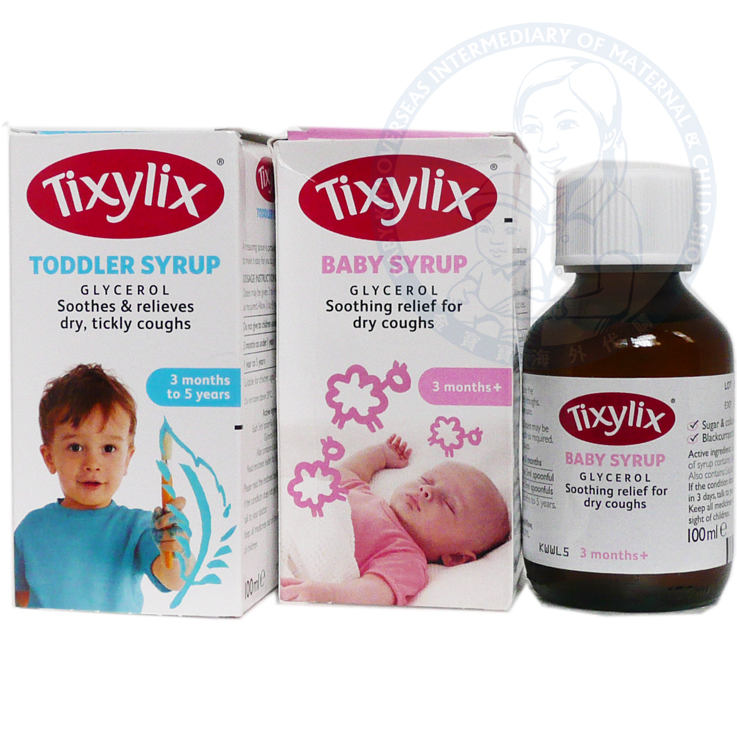 About 10% of children continue to cough even after being treated with SARS. nine0003
About 10% of children continue to cough even after being treated with SARS. nine0003
Some doctors are even suggesting a new term, "post-viral cough". Such long attacks scare parents, but most often they do not speak of serious pathologies.
But even if the disease is not dangerous or has completely disappeared, it is difficult for a child to endure sleepless nights, especially with a dry cough. Yes, and parents have a hard time if they don’t know how to help.
Important: If your child coughs frequently at night, this may be a sign of a respiratory problem, an allergy or whooping cough. Be sure to consult a doctor and do not treat the child yourself, so as not to worsen his condition. nine0020
What should I do if my child coughs and cannot sleep?
To quickly stop a night cough attack and help your child, you can:
- Place a high pillow under the back, turn the child from back to side to prevent a strong outflow of mucus swallowed and accumulated during the day.

- If the child does not have allergies, a spoonful of honey will help - it envelops and soothes the mucous membranes of the throat.
- Give your child warm tea or water to relieve coughs and soothe the airways. It is better not to drink carbonated drinks or citrus juices - they can additionally irritate the already inflamed mucous membranes. nine0044
How to stop a night cough attack in an adult?
Try to find a comfortable position. Place a high pillow under your back. Drink warm tea or water to soothe your throat. This is especially important for dry coughs - the liquid will help soothe the irritation.
If you find it difficult to breathe, ventilate the bedroom and try humidifying the air. If you don't have a humidifier, hang a couple of wet towels on the radiator. You can arrange a small session of steam therapy: go to the bathroom, close the door, turn on the hot water and wait a few minutes. nine0003
What drugs will help get rid of a cough?
It is ineffective and dangerous to treat cough only with the help of folk remedies.